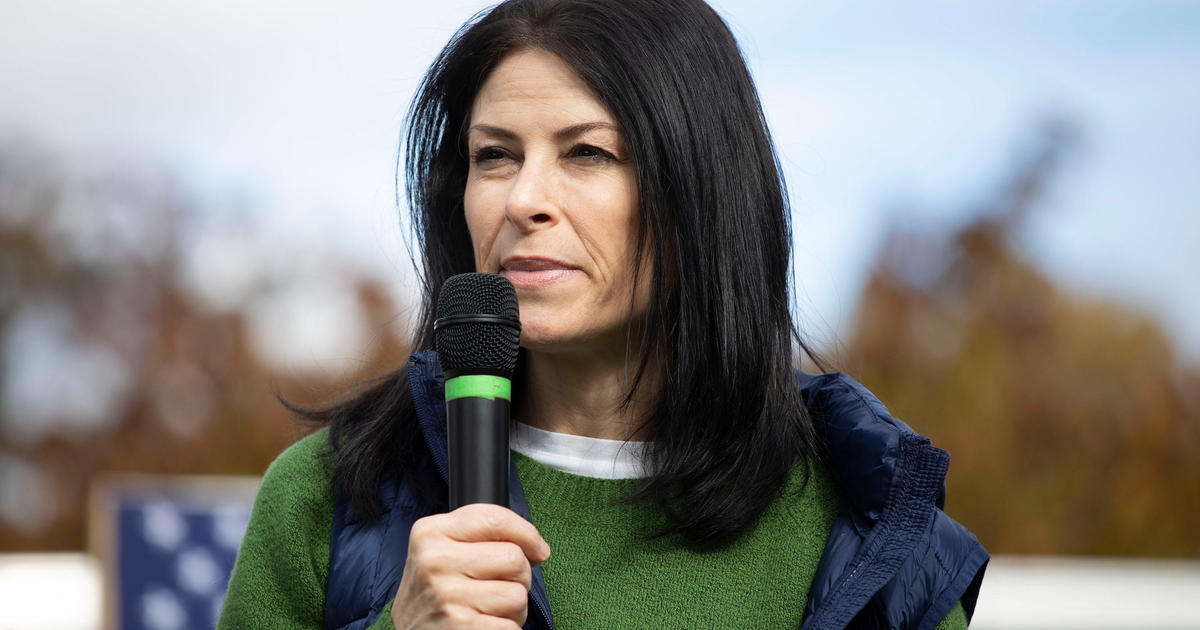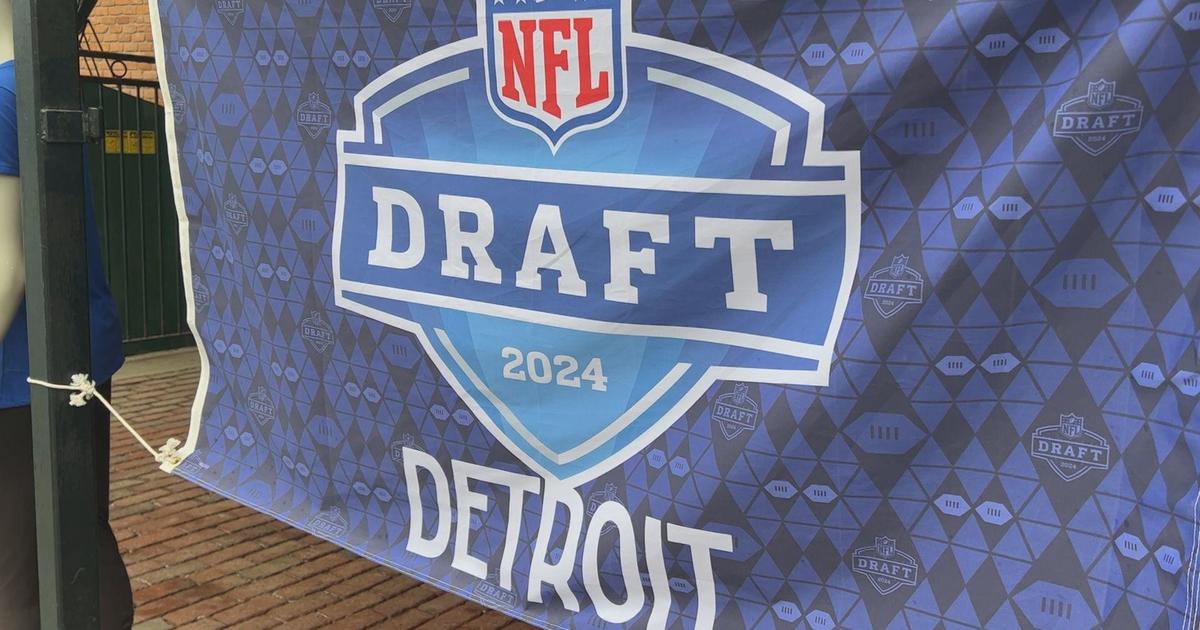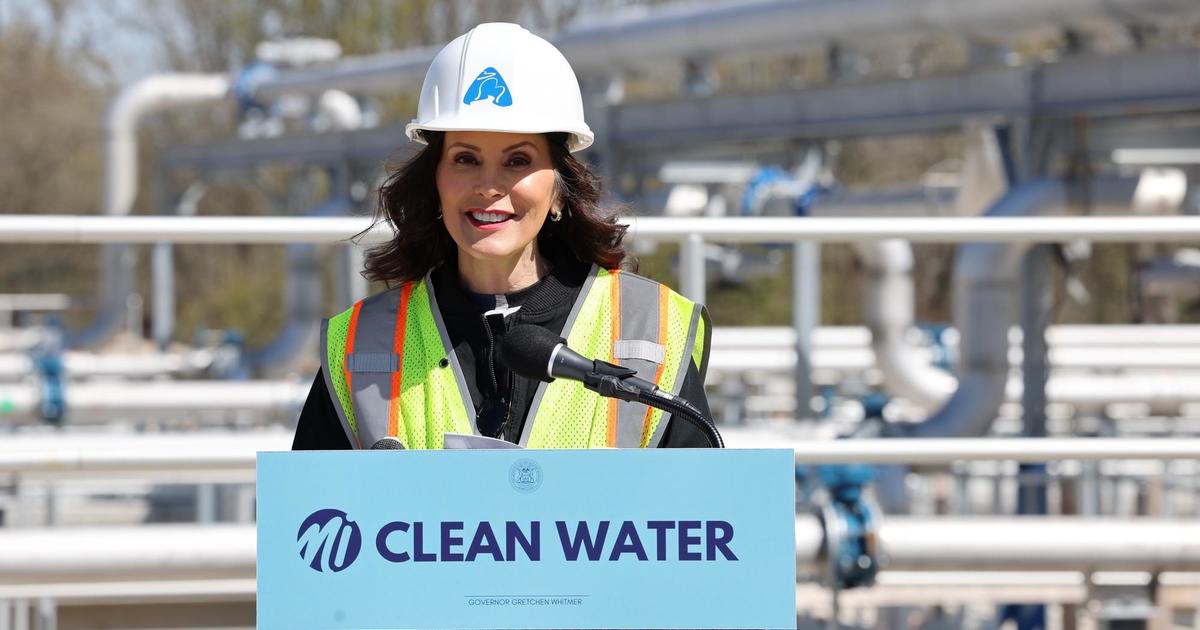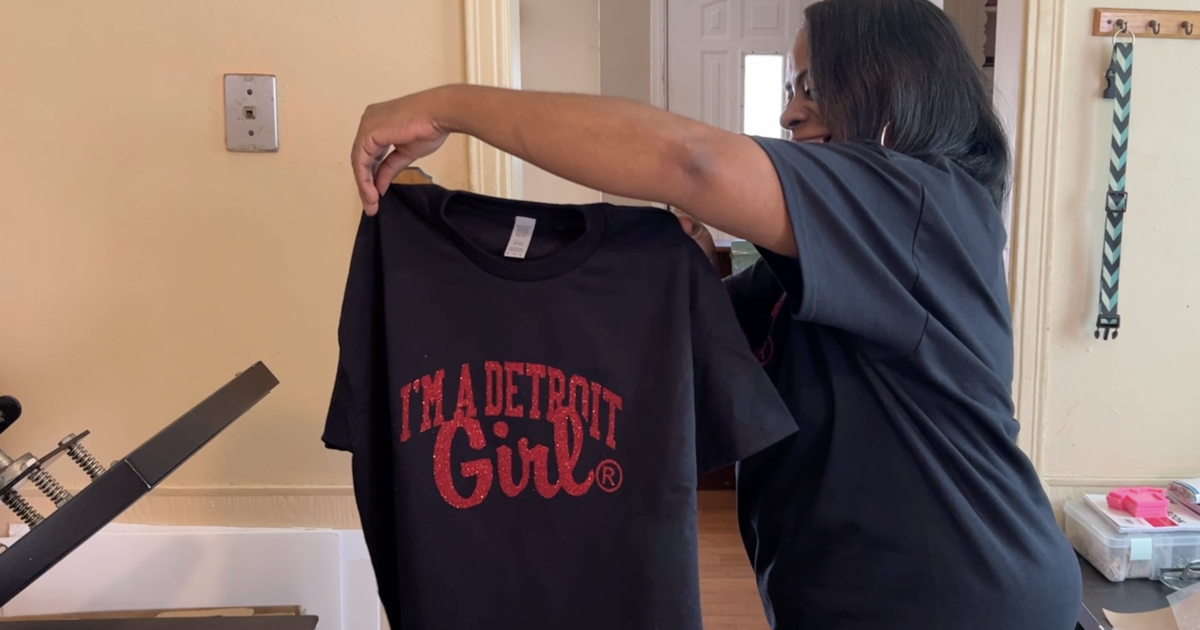Where's Your Donation Going? Michigan AG Breaks Down How Money Is Spent
LANSING – Michigan Attorney General Bill Schuette Monday announced the publication of his 5th Annual Professional Fundraising Charitable Solicitation Report. Released annually each spring, this report identifies the total amount raised by professional fundraisers soliciting for charities in Michigan.
The report also reveals the percentage of money raised going to the fundraiser and the percentage going to the charity. In 2016, 61 percent of funds raised by professional fundraisers reporting in Michigan went to the fundraisers. For context, the Better Business Bureau's fundraising standard says that fundraising spending should not exceed 35 percent.
"My hope is that this list empowers Michigan residents to find out where their donation is going because unfortunately some professional fundraisers keep most of the money they raise," said Schuette. "I still encourage residents to give to charity but want to help them to be able to give wisely."
Schuette noted that the report is designed not only to help donors to make wise decisions with their money but also to encourage charities to enter appropriate fundraising contracts.
What is a Professional Fundraiser?
Under Michigan law, a professional fundraiser is defined as a person or organization that solicits contributions on behalf of a charity in exchange for compensation. If a charity hires its own telemarketers or other fundraising staff in house, they are not considered "professional fundraisers."
While hiring professional fundraisers and fundraising counsel may benefit certain charities, some professional fundraisers leave little of the donations for the intended charity, with some telemarketers pocketing 85 to 90 percent of the donated funds.
Professional fundraising is primarily done through telemarketing, but can also include mail campaigns, door to door solicitation and special events.
Michigan law requires professional fundraisers to submit the results of their campaigns to the Attorney General, which is included in this report. The data includes the type of appeal conducted (mail, social media, telephone, etc.), gross receipts raised, the amount paid to the fundraiser, and the final amount and percentage that went to the charity. Professional fundraisers licensed in Michigan are required to report these results, so the report includes data from charities across the country. The report includes the results of fundraising campaigns reported to the Attorney General during the 2015 calendar year.
What Can You Do?
The Attorney General's Consumer Protection Team continues to highlight important measures consumers can take to protect themselves against bogus or wasteful charities:
Be cautious when someone calls and asks for a donation. Ask if the caller works directly for the charity or is a professional fundraiser hired for a particular campaign.
Ask how much of the donation actually goes to the charity. Beware of vague or unresponsive answers to specific questions about the charity and how money is used.
Don't feel pressured to make an immediate donation. Avoid anyone that tries to make you feel guilty or uncomfortable with a donation. Go with your gut. Ask for a call back number and do your own research.
Remember that you can always hang up, research your own charities, and give directly to the charity. This way your charity will get 100 percent of your donation.
To improve transparency and provide donors greater access to this important information, Schuette enhanced the Attorney General's online charity search feature at www.mi.gov/charitysearch to include professional fundraiser data. Consumers may also access the annual fundraising reports by visiting the "Charities" section of the Attorney General's website at www.mi.gov/charity and clicking on "Professional Fundraising Charitable Solicitation Reports."
Consumers can also research individual charities using the AG Charity Search. The online charity search is designed as a central resource for prospective donors to perform general searches for various types of registered charities. For instance, donors may search by key words within the organization's purpose, as well as by city, county, state, name, or any combination of these.
Recent Enforcement Actions
In the last year, Attorney General Schuette has brought multiple enforcement actions to protect Michigan residents from deceptive charitable solicitations.
In August 2016, following allegations of solicitations fraud by the Attorney General, Wyandotte-based Firefighters Support Services agreed to dissolve and pay a fine.
In September 2016, Utah-based professional fundraiser Corporations for Character agreed to a fine and a four-year ban following allegations of deceptive solicitations.
In January 2017, Schuette alleged solicitation violations against Florida-based Breast Cancer Outreach Foundation, which agreed to a fine and a ten-year ban.
In February 2017, Schuette settled allegations of deceptive solicitations against clothing donation bin operator Golden Recyclers of Dearborn.
In March 2017, Schuette alleged over 16,000 solicitation violations against Illinois-based VietNow National Headquarters.
In April, 2017, Schuette alleged over 300,000 civil violations against the operator of the Michigan Humane Society clothing donations bins.
And while Attorney General Schuette is vigorously defending the state's laws prohibiting deceptive charitable solicitations, donors can do much to defend themselves by researching charities before giving and educating themselves regarding deceptive and expensive solicitation methods.



